Keep up to date with the training offered by leading organisations in the Microelectronics and Semiconductor sector.
Note: The data presented incorporates information from external websites and may be subject to continuous updates.
Formação profissional na área da Microeletrónica e afins - Nível 6 | Licenciatura
With this micro-credential, participants will have the opportunity to explore different topics such as geometric optics, optical instruments, ray-traced simulation of optical systems, radiometry, photometry, color theory, optical sensors, and sensor networks, and to understand how they play crucial roles in people's everyday lives, driving technological advances that transform the way we interact with the world around us. Geometric optics is key to understanding how light behaves when passing through different material media and how images are formed, and is therefore essential in many practical applications, from vision correction with glasses to the design of lighting systems and cameras.
Optical instruments are now indispensable in a wide variety of fields, from medicine to astronomy, providing crucial information for accurate medical diagnoses, scientific analysis and the development of new technologies. The design of optical instruments must go through a simulation phase with ray tracing, allowing to predict their performance in advance and optimize their operation, reducing production costs.
Radiometry, photometry, and color theory are key areas in lighting, imaging, and automated vision systems. They are therefore essential in several areas such as the implementation of light sources for lighting and signaling, screens, and automated vision systems.
Optical sensors play a crucial role in data collection in a wide range of applications, such as environmental monitoring, biomedical applications, structural monitoring, security, industrial automation processes, among others, and often non-invasively and without physical contact. Among a wide range of types of optical sensors, emphasis will be placed on fiber optic sensors, which have special characteristics that make them advantageous in certain applications.
Applications will open shortly.
The main objective of this Microcredential is to provide participants with an in-depth and practical knowledge of some of the fundamental and advanced principles in the areas of modern optics. It aims to provide a solid understanding of advanced optical phenomena, including interference, diffraction, polarization, and non-linear optics.
The Microcredential is aimed at professionals and researchers who wish to deepen their knowledge of physical optics, laser light and holography, including, but not limited to:
- Professionals in the fields of Physics, Chemistry or Engineering and related areas who wish to deepen their understanding of optical principles and apply them to the development of advanced optical devices and systems;
- Postgraduate students and researchers wishing to explore new frontiers in modern optics and use advanced techniques in their research;
- Professionals in the technology sector involved in the development and application of optical technologies, such as the manufacture of optical components, the design of imaging systems and laser technologies;
- Doctors, researchers and health professionals interested in understanding the applications of optics in medical diagnosis, laser surgery and other advanced techniques;
- Elementary and secondary school teachers.
Applications will open shortly.
This microcredential will cover several characterization techniques. In each year, depending on the students' profiles, five techniques will be selected from a set that includes includes electron microscopy, X-ray diffraction, thermal analysis, infrared and Raman spectroscopies, inductively coupled plasma and nuclear magnetic resonance spctroscopies, X-ray fluorescence, optical profilometry, chromatographic techniques.
Applications will open shortly.
The use of cleanrooms across various industrial sectors (optoelectronics, medical, pharmaceutical, semiconductors, hospital products, etc.) has become increasingly common and, in many cases, essential, including due to legal requirements. In the field of research, cleanroom environments are now fundamentally indispensable.
Aiming to address a gap in the training of qualified professionals for work in controlled cleanroom environments, this microcredential is designed as a multidisciplinary offering, providing solid knowledge, both theoretical and, above all, practical, of growing relevance and applicability.
Applications will open shortly.
Laser technology is an area of rapid growth and constant evolution, having an undeniable impact both in fundamental science and in multiple applications, from the most trivial in our day-to-day but, above all, with great emphasis on industrial applications. Thus, a solid background is essential so that technical staff/senior managers/managers can follow and get involved in new scientific and technological developments.
This course aims to provide training on laser technology to those interested in its working principles and applications in industry as well as in our daily lives. In addition to the key features of this technology, the safety precautions regarding the usage of laser radiation and the potential of this technique will also be addressed.
Applications will open shortly.


